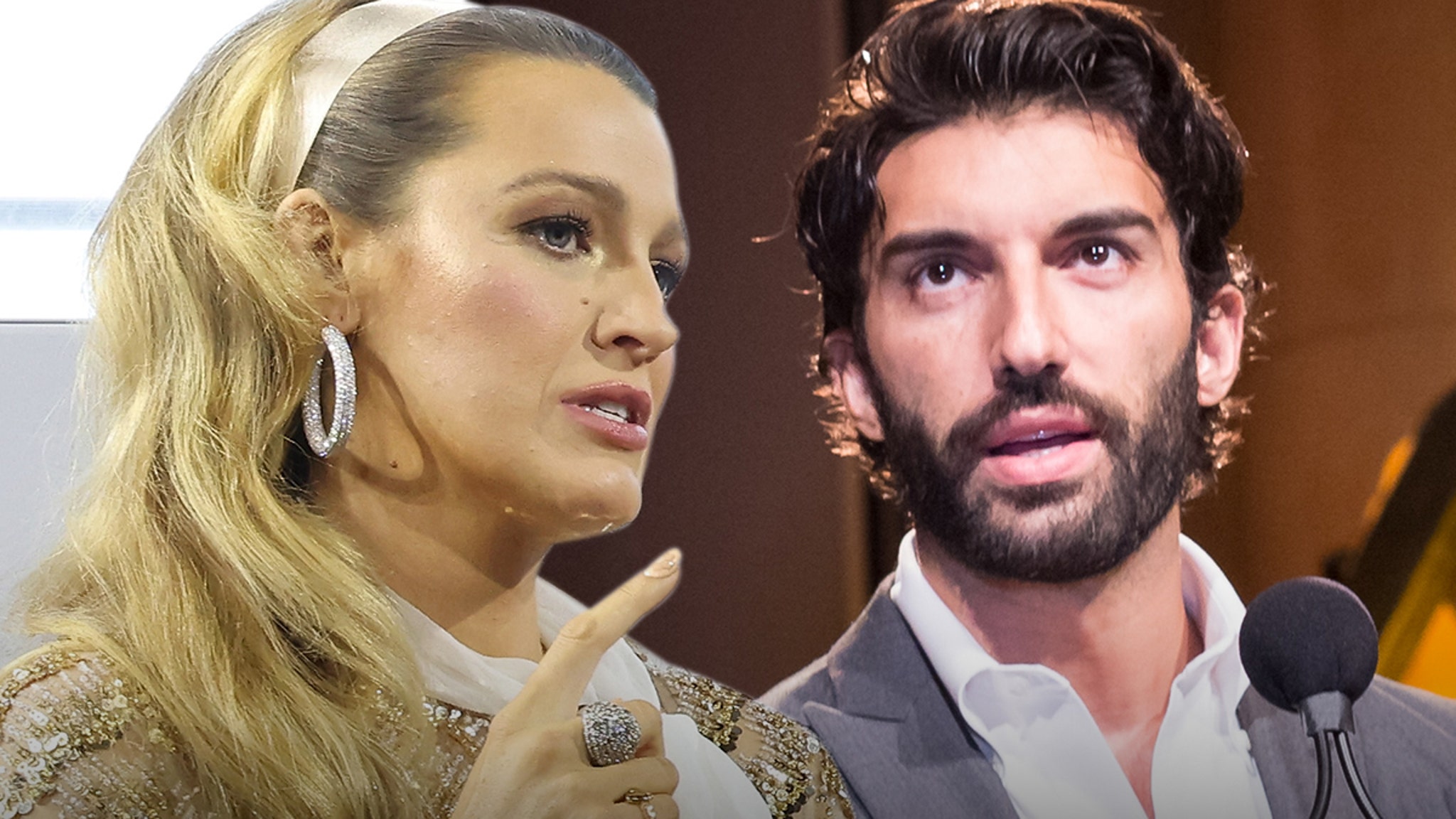When a federal jury found R. Kelly guilty on nine charges related to racketeering and sex trafficking in September, it brought some measure of legal closure to his long trail of abuse. Accusations of the singer’s sexual misconduct began surfacing nearly three decades ago: Over the course of his career, Kelly married a 15-year-old Aaliyah, faced and was acquitted on child-pornography charges, and, calling himself the Pied Piper of R&B, cultivated an artistic persona that positioned sex as a matter of his eccentric genius.
At Kelly’s sentencing hearing in a Brooklyn courtroom on Wednesday, Judge Ann Marie Donnelly, in announcing her decision, reflected on the scale of his abuses: “These crimes were calculated and carefully planned for almost 25 years.” She sentenced the singer, who worked at the highest rungs of pop and R&B, to 30 years in prison.
Kelly’s trial lasted six weeks and included testimony from over 40 witnesses. Prosecutors described the singer as the leader of a criminal enterprise made up of his entourage and employees who leveraged his celebrity in service of recruiting his scores of underage victims. Prosecutors had requested a sentence of at least 25 years, while Kelly’s attorneys asked for 10 or fewer. Kelly is 55 years old.
Wednesday’s hearing expanded on the horrors delineated during his trial last year, and added to them a level of detail about the enduring impact of Kelly’s abuse. A woman testifying under the name Addie, who said Kelly sexually assaulted her in 1994, said in her victim statement in the courtroom that she has suffered “within my heart from emotional breakdowns and thoughts of suicide and self-sabotage.”
Lizzette Martinez, who said she met Kelly when she was 17 years old in 1995, said that a “lifetime of depression and PTSD” began with his sexual assaults. She recalled how his friends and entourage looked on as she became his “sex slave” for years.
Turning to Kelly, she said, “Robert, you destroyed so many people’s lives.”
“I feel like I should refresh your memory,” said another woman, identified as Jane Doe No. 2, as she addressed Kelly. The woman met Kelly when he was 31 and she was 19. She recounted how Kelly forced her to perform oral sex on him in a car filled with his 30-something friends.
“Do you remember that?” she said in a firm voice.
As Kelly whispered with his lawyers, the woman paused her own statement: “I’m sorry, I didn’t want to interrupt his conversation.”
Outside of such interactions with his counsel, Kelly didn’t visibly move or react during the victim statements or as Donnelly read his sentence.
While Kelly’s trial was the first high-profile case of the #MeToo era in which most of the victims were Black, race was rarely mentioned in the court proceedings. Kelly amassed success and acclaim across the landscape of American pop music, and more specifically in the Black traditions of R&B and gospel. As Kitti Jones, who has said that Kelly abused her during their relationship between 2011 and 2013, spoke on Wednesday, she pointed to the time that passed before Kelly’s crimes caught up to him.
“Knowing his fanbase looked like many of his victims,” Jones said, “he knew the public would never believe them.”
The only words Kelly had for the courtroom, just before his sentence was delivered, were: “Yes, your honor, that’s my wish.” He was confirming his lawyer Jennifer Bonjean’s remark that he didn’t wish to address the judge or his victims, citing his other pending cases. (Kelly also faces sex crimes charges in Minnesota at the state level and federal charges in Illinois, all of which he has denied.) As in Kelly’s sentencing submission to the court, Bonjean said on Wednesday that mitigating factors for Kelly’s sentence should include his own history of childhood abuse.
“He accepts that he is a flawed individual,” she said. “He does sit here with regrets.”
Donnelly, in explaining her sentencing decision, said she took Kelly’s experience of abuse into account, but only up to a point: “Even if it is a form of an explanation, it is certainly not an excuse.” She wondered how it all could’ve happened in plain sight.
“I don’t know why these people turned a blind eye,” Donnelly said, referring to the members of Kelly’s enterprise. “Maybe it just became normal to these people.”
The sentence she decided on is about as long as the record of Kelly’s abuse. For decades, he operated with near-total impunity as his career flourished. A woman using the pseudonym Angela on Wednesday spoke to how the truths of Kelly’s life and his work had finally begun to converge: “Your self-proclaimed alter ego of the Pied Piper could not exist without the living, breathing Robert Sylvester Kelly.”





















Discussion about this post